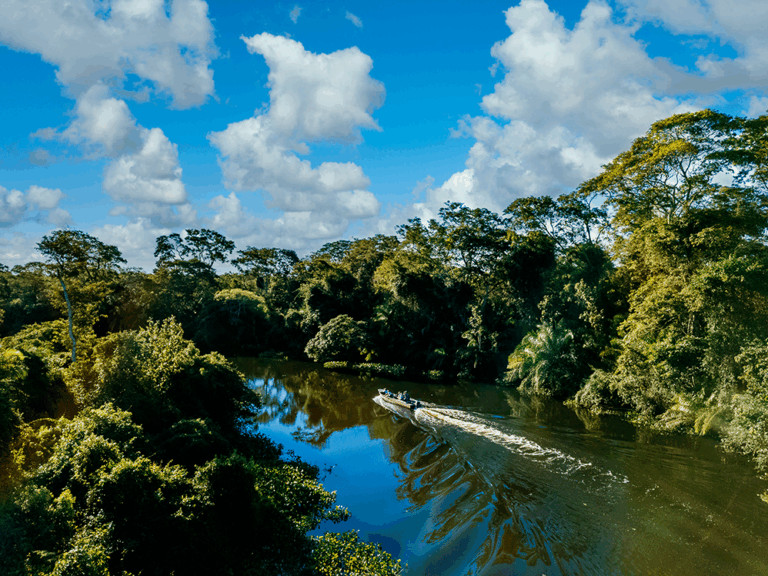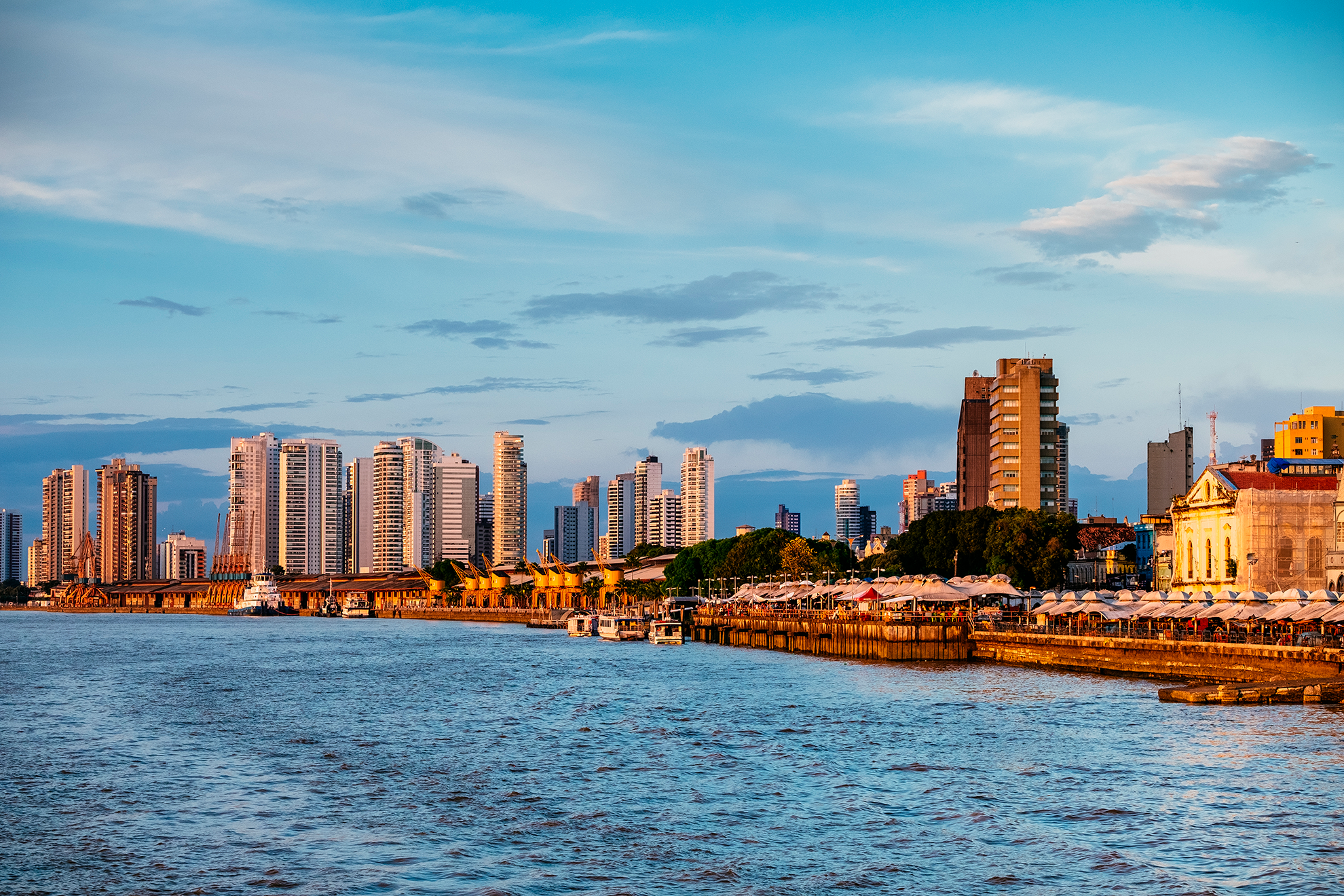COP 30 begins today in Belém (PA) and represents a historic milestone for Brazil, not only for hosting the biggest global event on climate change, but also for putting the Amazon at the center of the discussions.
However, one key issue has yet to be given the prominence it deserves: water management and basic sanitation.
Water at the epicenter of the climate crisis
Climate change is directly affecting the availability and quality of water. Severe droughts, floods, rising sea levels and extreme events make access to drinking water increasingly vulnerable.
According to the UN, around 2 billion people in the world still do not have access to safe drinking water, e 3.5 billion lack safe sanitationnumbers that are likely to grow as the climate crisis worsens.
Brazil, despite being home to around 12% of the planet’s fresh waterfaces structural challenges in terms of distribution and treatment.
Water and sanitation: pillars of climate adaptation
The COP 30 agenda needs to recognize that without sanitation there is no climate resilience. Water treatment and reuse, effluent control and the strengthening of urban drainage systems are essential measures to mitigate environmental impacts and protect vulnerable populations.
Investing in sustainable water infrastructure is to invest in health, food security, clean energy and social well-being. In addition, proper sanitation reduces greenhouse gas emissions by preventing the release of methane and other pollutants from untreated sewage.
Solutions that need to be on the table
COP 30 is an opportunity for Brazil and the world to make progress on integrated solutions for water and sanitationsuch as:
- Reuse and desalination as strategic alternatives for arid regions.
- Treatment of industrial and domestic effluentswith a focus on energy efficiency and carbon reduction.
- Intelligent management of water resourcessupported by technology, data and innovation.
- Green financing for sanitation and resilient infrastructure projects.

How PE contributes to this global agenda
50 years ago EP is working to transform the water scenario in Brazil by developing solutions that combine technology, innovation and sustainability. Through 360° solutionthe company integrates all stages of the process, from laboratory analysis to treatment, reuse and automation, offering a complete and efficient water management model for industries, utilities and environmental consultancies.
EP’s main areas of activity include:
- Environmental analysiswith its own laboratory infrastructure for accurate diagnosis and assertive decision-making;
- Treatability studiesThese studies assess the best way to treat industrial and domestic effluents based on our own laboratory tests, providing a diagnosis and customized solution;
- Design and implementation of water and effluent treatment plants (WTPs and STEs)with a focus on operational efficiency and reuse of resources;
- Specialized technical operation for treatment plants,ensuring continuous performance and environmental compliance;
- Development of proprietary technologies for monitoring, automating and managing operations data, such as STEP.
EP is increasingly expanding its know-how in the sanitation sector. Our most recent project involves a partnership with one of the country’s largest sanitation concessionaires, Aegea, which entrusted EP with a project to revitalize the supply system in Belém-PA, the host city of COP 30.
EP is supplying 25 complete and automatic systemswith the aim of removing elements such as iron and manganeseand improving the quality of drinking water available to the population. The project is highly complex because, in addition to the large volume of systems, logistics and challenging deadlines, it was necessary to take into account the particularities of each locality, which had variable flow rates, different concentrations of chemical components and different installation structures.
"What made EP win this contract was the flexibility we have to adapt to market needs quickly. We have the necessary experience to face major challenges, both from a technological and technical point of view."
Rogério Toledo, CEO da EP
A call to action
To talk about climate without talking about water is to ignore the basis of life. A COP 30 needs to consolidate water and sanitation as central axes of the climate negotiationsconnecting environmental, social and economic policies around a common goal: guaranteeing the future of the next generations.


